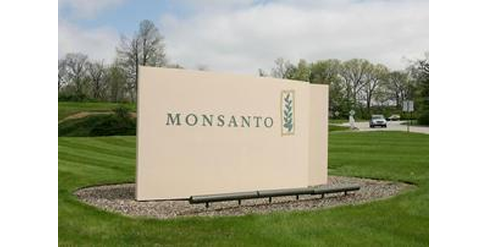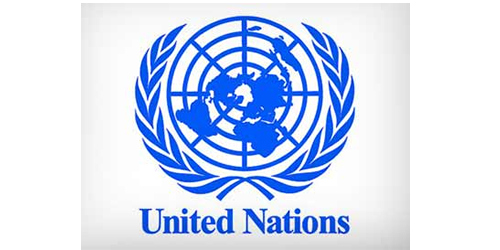San Diego sues Monsanto over PCB pollution

The City of San Diego has filed a lawsuit against Monsanto Company and two related companies over long-standing chemical pollution in San Diego Bay.
San Diego, together with the San Diego Unified Port District, filed the suit Friday in U.S. District Court in California’s Southern District. Listed as defendants are Monsanto along with Solutia Inc., a chemical company spun off from Monsanto, and Pharmacia Corporation, a New Jersey-based company that inherited Monsanto’s pharmaceutical business and is now owned by Pfizer Inc.
San Diego and the port argue that the companies are liable for contamination of the bay by polychlorinated biphenyls, or PCBs, manufactured by Monsanto from the 1930s through the late 1970s. San Diego and the port say that Monsanto continued making and pushing PCBs even knowing they were an environmental hazard. The lawsuit requests a jury trial and seeks punitive damages, compensation for cleaning up the bay and damages relating to San Diego’s decreased use of its natural resources.
Monsanto said in a statement it was reviewing the lawsuit’s allegations.
“Monsanto is not responsible for the costs alleged in this matter,” the company said. “It only sold a lawful and useful product at the time, that was incorporated by third parties, including the Navy, into other useful products. If improper disposal or other improper uses allowed for necessary clean up costs, then these other third parties would bear responsibility for these costs.”
PCBs have been found in the San Diego Bay sediments and water and have been identified in the tissue of fish and other marine life, according to the complaint. In 2014, the City of San Diego agreed to pay $949,634 in fines for permitting the dumping of hazardous chemicals into the bay, according to the San Diego Reader. The city also allocated $6.45 million to clean the area’s Shipyards Sediment Site.
According to the complaint, Monsanto was the only U.S. manufacturer of PCBs, which consist of chlorine atoms attached to a double carbon-hydrogen ring and are now known to cause cancer and a host of other health maladies, until the late 1970s.
Monsanto sold PCBs under the trademarked name “Aroclor” for a wide range of commercial applications such as building materials, wire and cable coatings, sealants, abrasives, dental castings and more. Along with risks to humans, PCBs have been found toxic to wildlife and marine animals.
“Monsanto was well aware of scientific literature published and information available as early as the 1930s that established that inhalation (of PCBs) in industrial settings resulted in toxic systemic effects,” the complaint states. “Despite growing evidence of PCBs infiltration of every level of the global ecology, Monsanto remained steadfast in its production of Aroclors and other PCBs.”
In 1969, Monsanto created an internal ad hoc committee that found, according to meeting minutes quoted in the complaint, that the company couldn’t prevent environmental contamination but must take steps “to prolong the manufacture, sale and use of these particular Aroclors.”
The complaint alleges that Monsanto meanwhile told government officials that the chemicals were not toxic and it did not expect them to spread into the environment.




